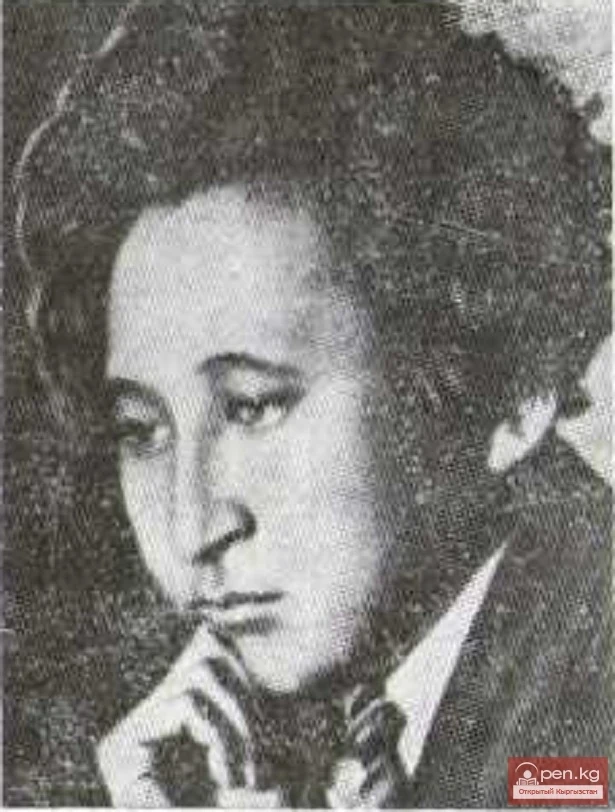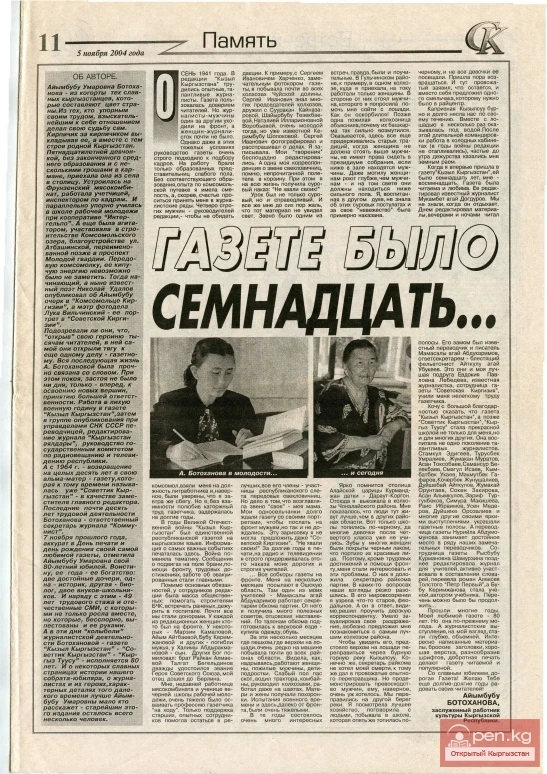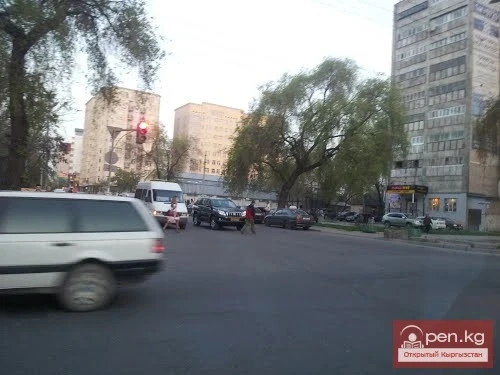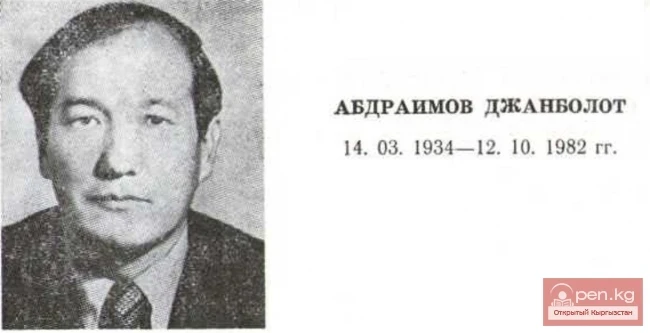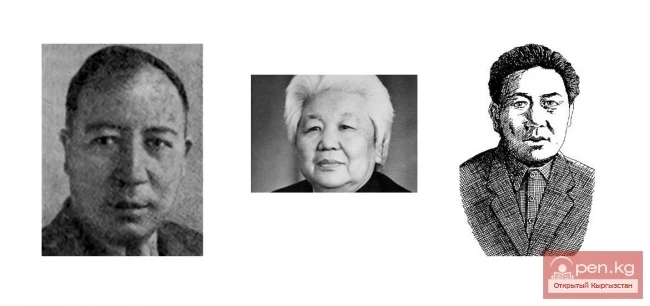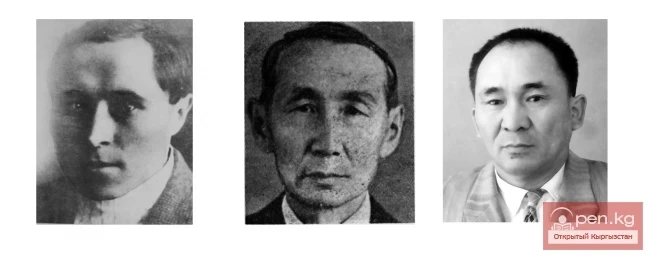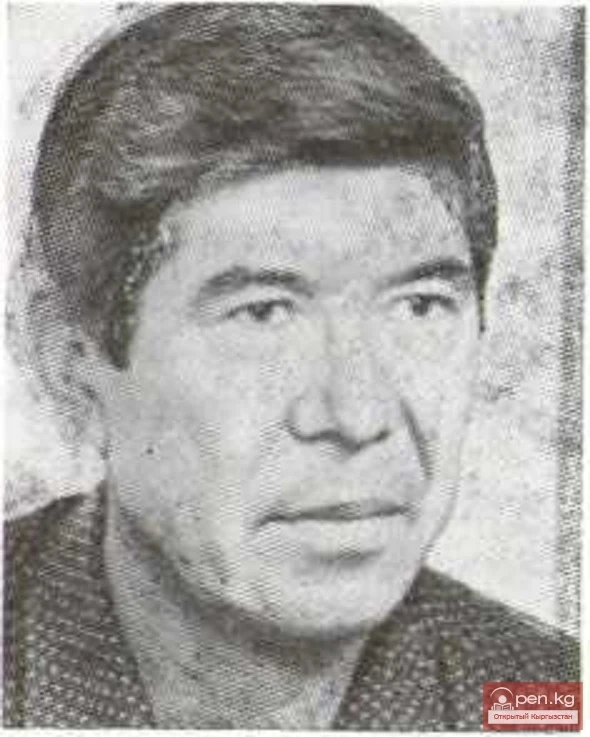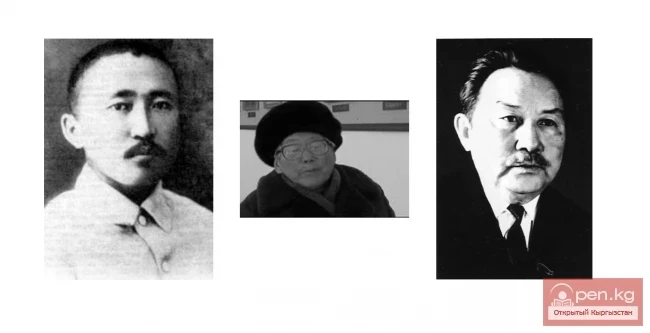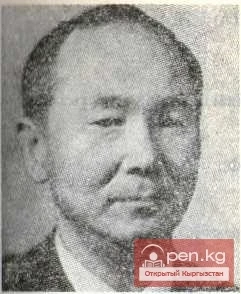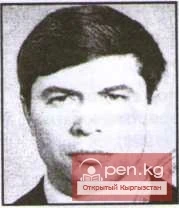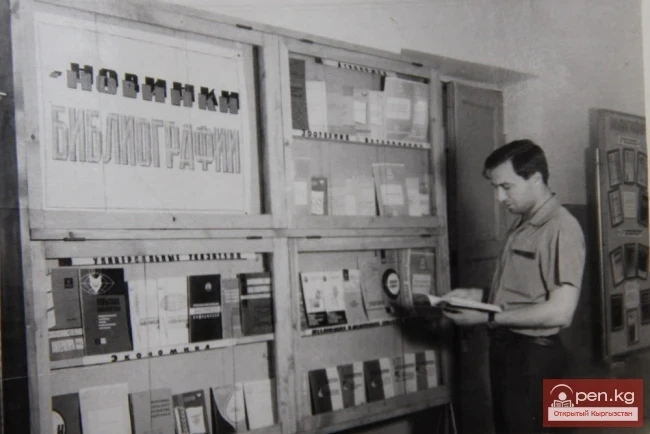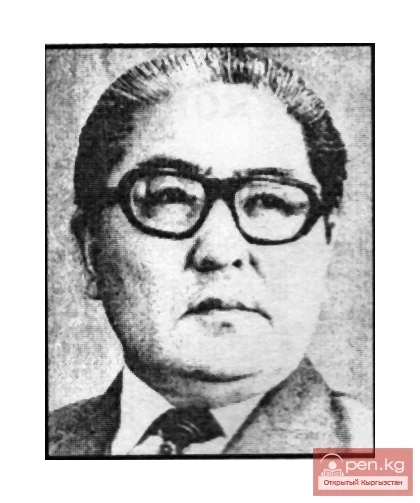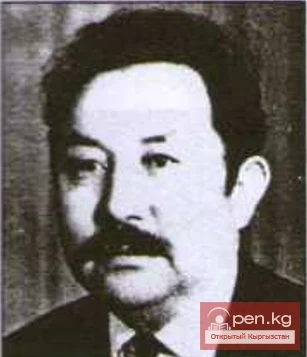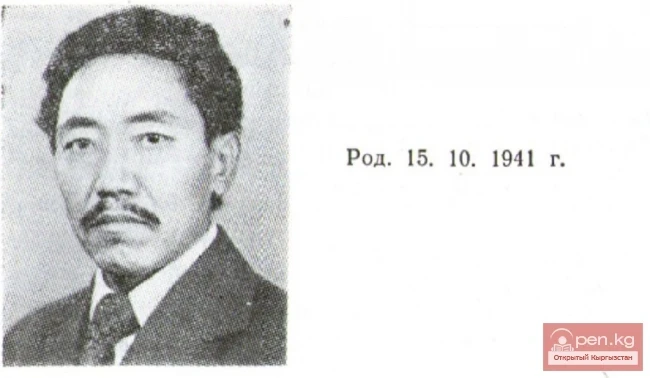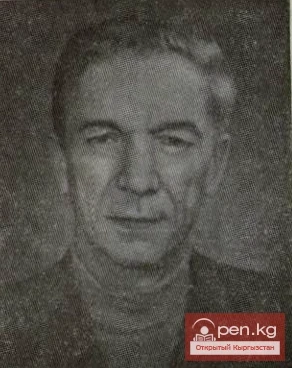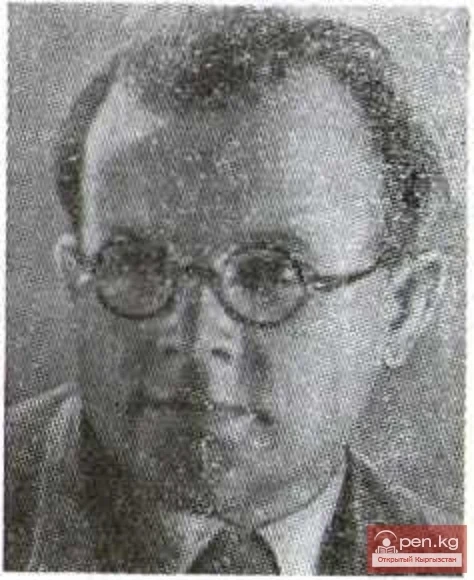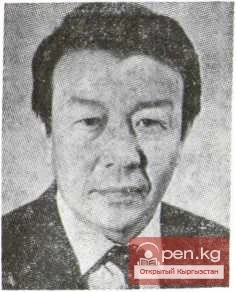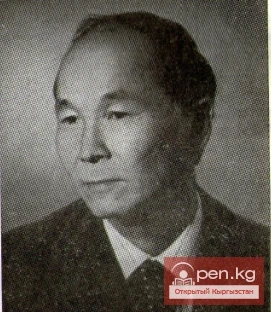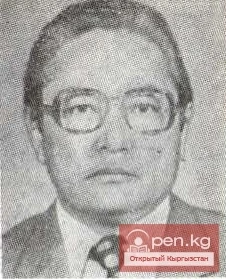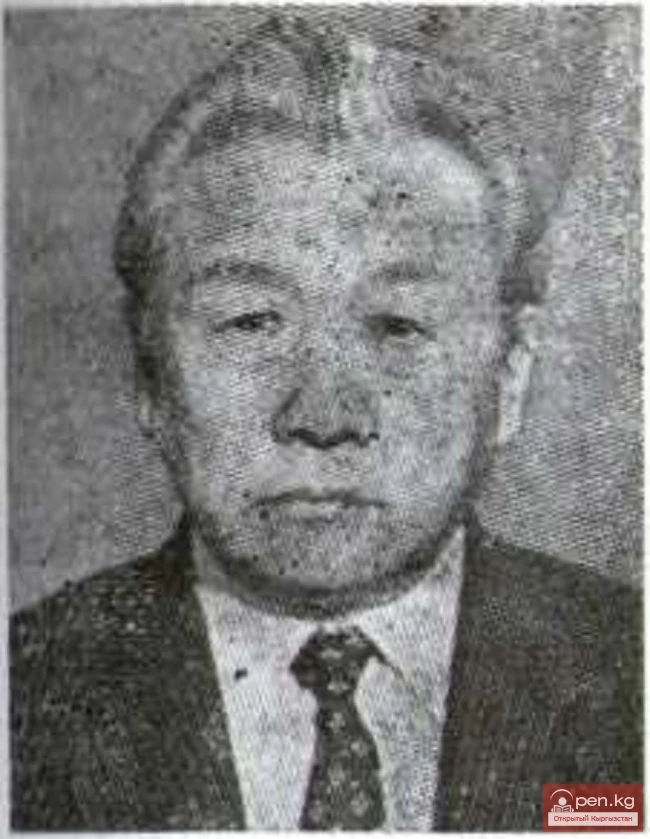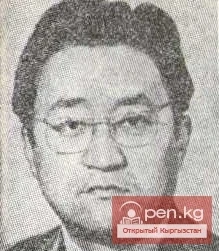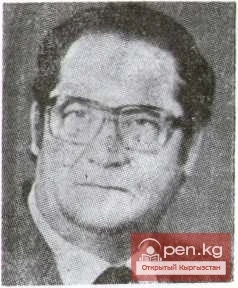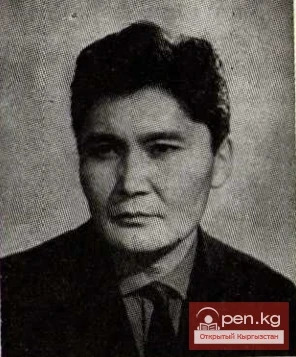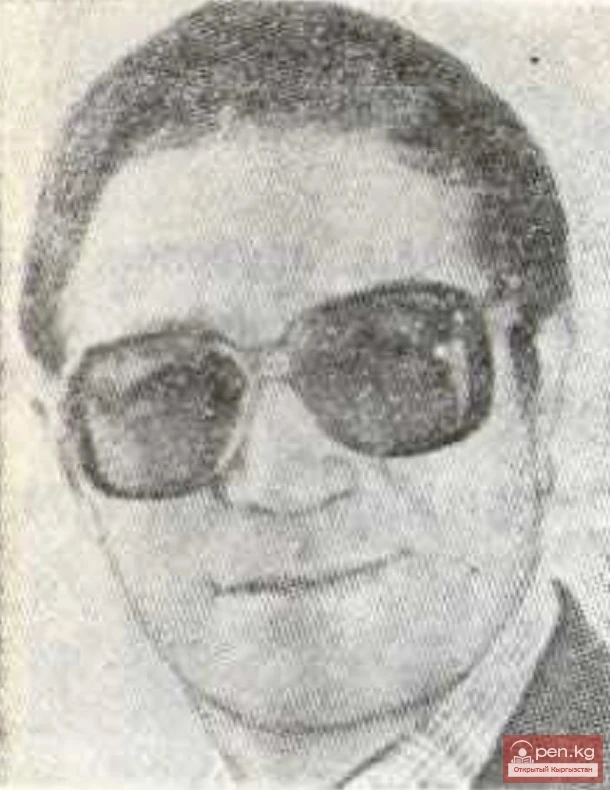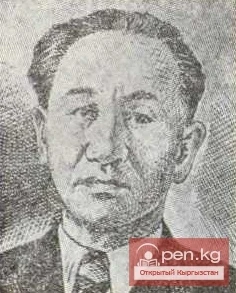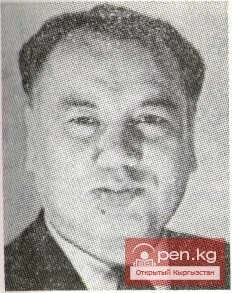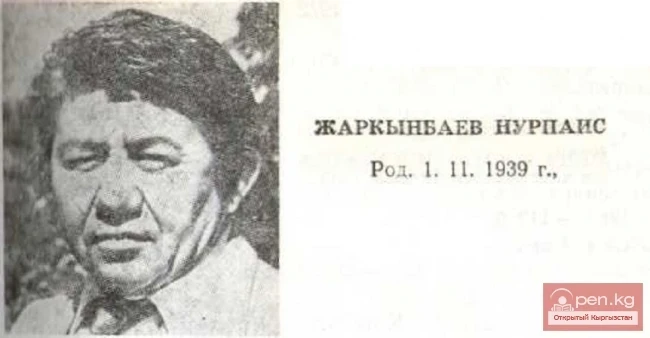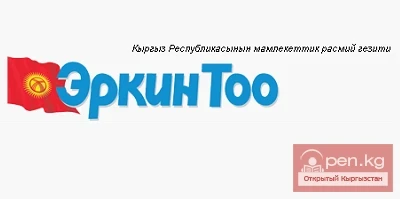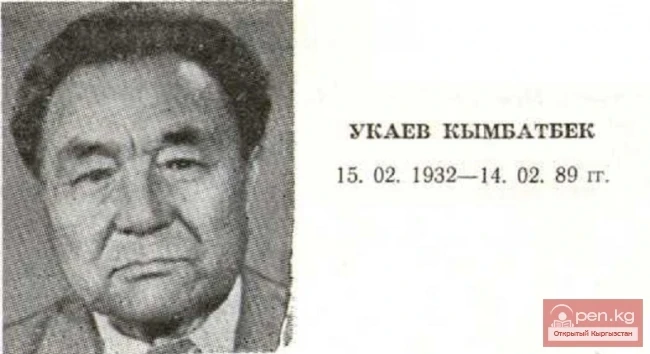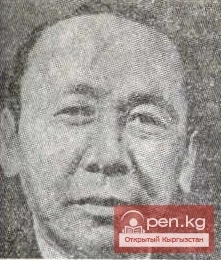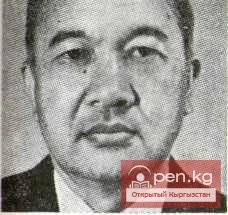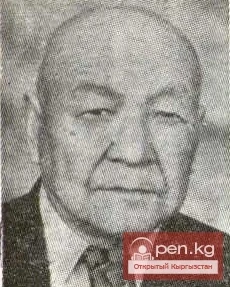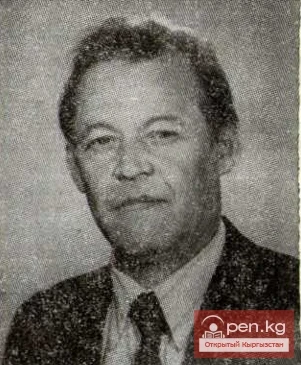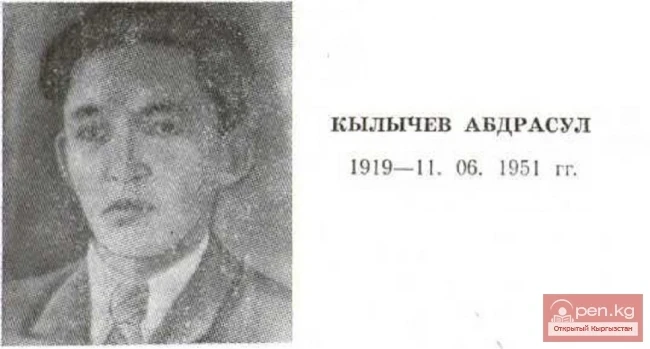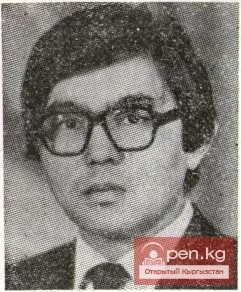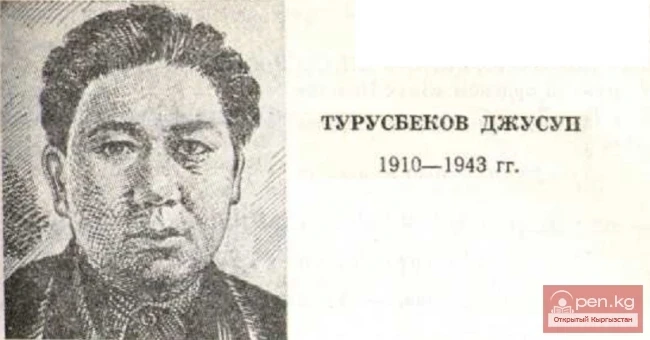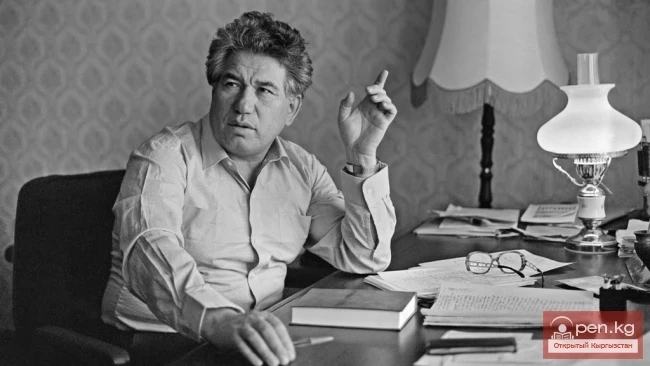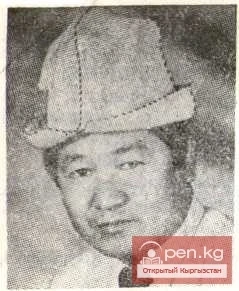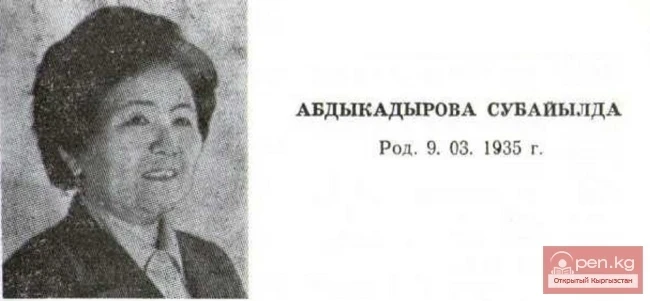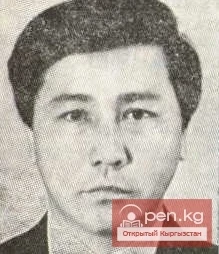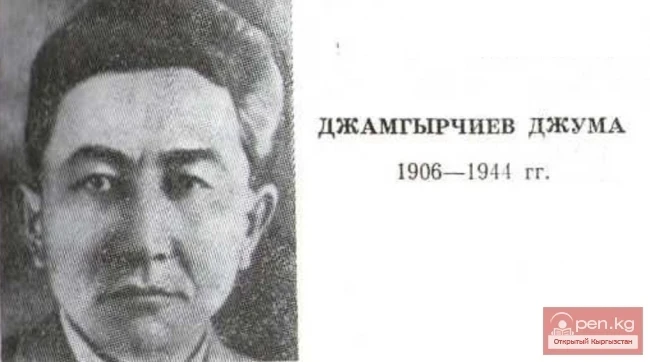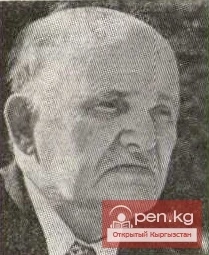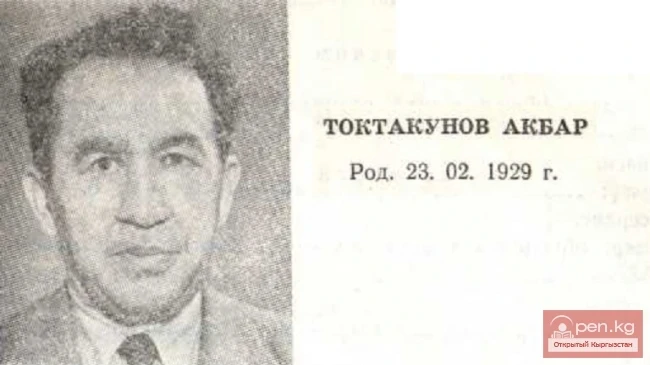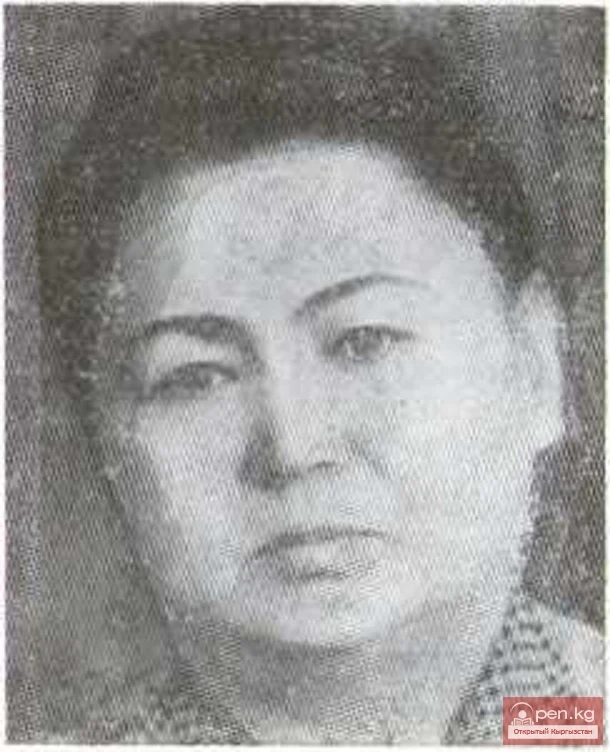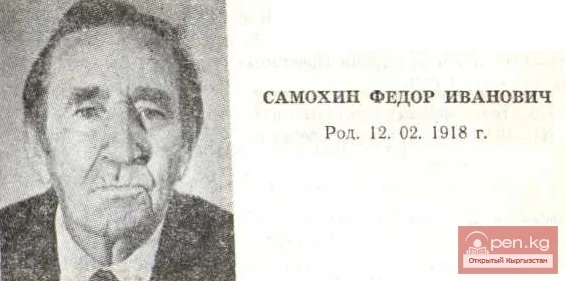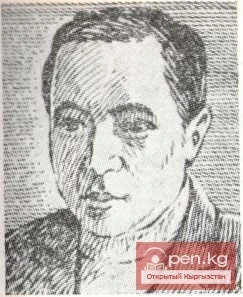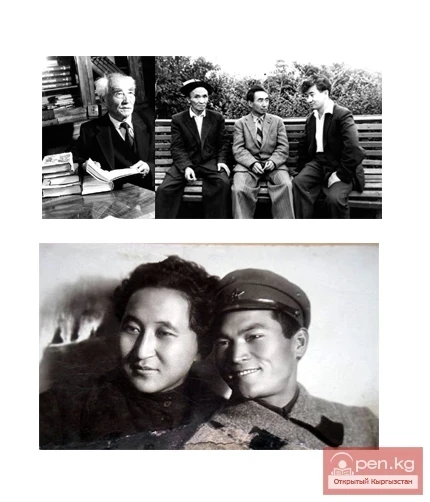
During the years of the cultural revolution, the journalistic and literary talent of Djoomart Bokonbaev - a renowned Kyrgyz poet and playwright (1910-1944) - emerged. He was born in the village of Mazar-Sai, now in the Toktogul district of the Jalal-Abad region. In 1931, he graduated from a pedagogical technical school and worked for two years as the head of the department at the newspaper "Kyzyl Kyrgyzstan." From 1933 to 1935, J. Bokonbaev studied at the Communist Institute of Journalism in Moscow, after which he was appointed first as the editor of the youth newspaper "Leninchil Zhas," and then as the editor of the literary-artistic and socio-political magazine "Sovettik Kyrgyzstan" (formerly the magazine "Chabuul," now "Ala-Too").
In 1927, the poet's first poem "To the Poor Who Received Land" appeared in a newspaper in Osh. From that time until the end of his life, he maintained connections with this newspaper and other periodicals, sending new articles and poems to their editorial offices, where he sensitively responded to the most pressing issues of his time and people.
In 1941, J. Bokonbaev volunteered to join the ranks of the Soviet Army, becoming the editor of the divisional newspaper "For the Motherland, Forward!" His patriotic articles and poems, filled with the spirit of sonly love and devotion to the Motherland, were published in this newspaper. For example, his remarkable journalistic poems such as "Yes, I am Kyrgyz," "Farewell, Ala-Too, Your Son Has Gone to the Front," and others resonate as passionate calls to fight against hated fascism, imbued with a sense of national pride.
In 1944, the talented journalist and poet died in a car accident on the shores of Issyk-Kul during a business trip.
The emotional-journalistic tone of J. Bokonbaev's works is well illustrated by his brief sketch published in a newspaper during the cultural revolution:
“It was winter 1935. In the meeting hall of the Communist Academy, a plenum of the Union of Soviet Writers was taking place. The delegates had long been waiting for Alexei Maximovich Gorky to speak. And when he appeared, I even shouted with joy, and it seemed to me that I was the only one expressing my feelings so loudly. But the whole hall was in an uproar.
Alexei Maximovich spoke then about how our literature is an influential literature in the world, he talked about how we must embark on a path of very fruitful work. And, returning to Kyrgyzstan, I felt as if I were armed with Gorky and wanted to write tirelessly. And to write as well as I could.
In my heart, Alexei Maximovich Gorky always lives. The memory of him helps me every day to do my humble literary work, and his bequests to writers, generously scattered in letters and articles, are the best and most perfect guidance for young, and not only young, word artists.”
The journalist and writer, later the national poet of Kyrgyzstan Abdrasul Toktomushev (1912-1995), was born in the village of Chon-Kemin in the Kemin district of the Chui region. From 1928 to 1931, he studied at the Central Asian Polytechnic Institute of Water Management, but due to health reasons, he interrupted his studies and began working in the Kemin district newspaper "Kolhoz Turmushu" in 1932, later in the editorial offices of the newspapers "Leninchil Zhas" and "Kyzyl Kyrgyzstan," holding positions as a literary employee, head of the department, and responsible secretary. From 1953 to 1957, he headed departments in the magazines "Ala-Too" and "Chalkan."
While working in the editorial offices of the aforementioned newspapers and magazines, A. Toktomushev traveled extensively throughout the republic, witnessing the new, transformed life in the mountainous region and striving to convey this truthfully, using various genres of journalism. His articles were widely published in the press and broadcasted on the radio. He worked particularly fruitfully during the Great Patriotic War, equating his pen to a bayonet, writing numerous correspondences, journalistic articles, essays, and feuilletons that glorified the labor and military feats of Kyrgyzstani people, exposing certain facts of anti-social phenomena and actions in people's lives.
A. Toktomushev actively collaborated with the newspapers and magazines of the republic until the end of his life, being a permanent member of the editorial boards of the magazine "Chalkan" and the newspaper "Kyrgyzstan Madeniyaty" since their inception.
